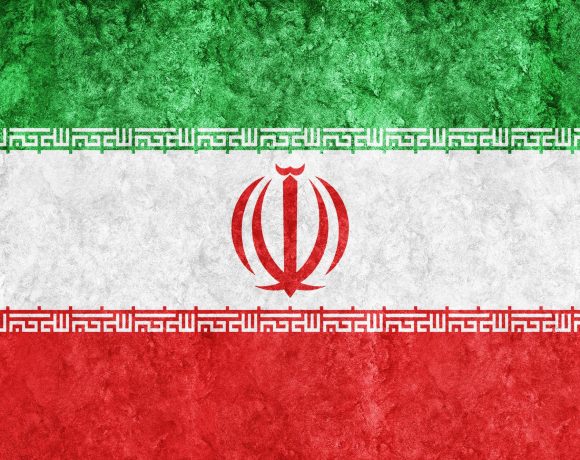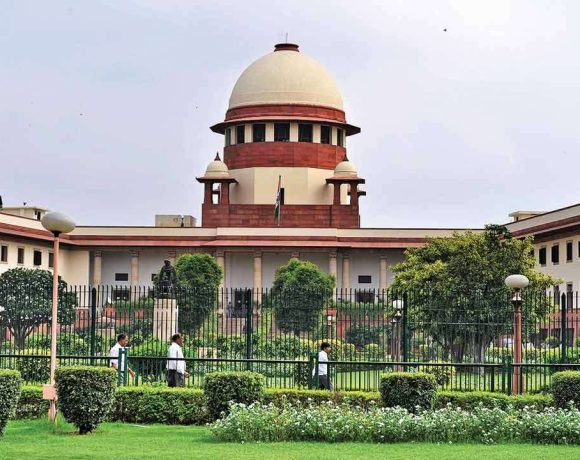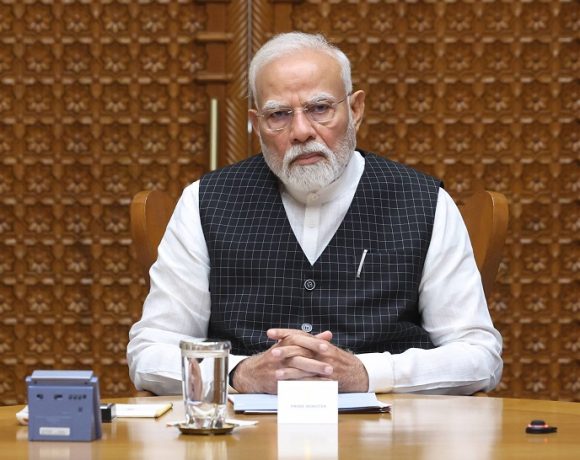
Experts Say US Case Against Gautam Adani Unlikely to Lead to Extradition
The ongoing case against Gautam Adani in the United States, involving allegations of financial misconduct, has sparked significant international attention. While experts acknowledge that the case against the industrialist appears robust, they assert that an extradition is unlikely due to various legal and procedural hurdles.
Allegations and Investigations
The case reportedly revolves around alleged financial misappropriations and violations of regulatory norms linked to Adani Group’s operations. The US Justice Department is said to be examining potential violations of financial laws, which could have far-reaching implications for Adani’s business empire. Despite the strong allegations, extraditing Adani to the US remains a complex legal endeavor.
Experts highlight that extradition processes are influenced by political, diplomatic, and legal frameworks. The US-India extradition treaty outlines strict requirements, including presenting evidence that meets the standards of both jurisdictions. “The bar for extradition is quite high, and it requires compelling proof that aligns with the laws of both countries,” say legal experts.
Legal Complexities and Diplomatic Factors
India’s judicial system plays a pivotal role in deciding whether an extradition request is permissible under Indian law. Additionally, the Indian government must weigh diplomatic considerations before approving any such request. Analysts argue that political factors could influence the decision-making process, given the economic significance of the Adani Group in India.
Moreover, Adani’s lawyers are likely to challenge any extradition attempts in Indian courts, prolonging the process further. Legal experts stress that unless concrete evidence is presented and sustained through rigorous legal scrutiny, extradition remains a distant possibility.
Impact on Adani Group
The allegations have prompted scrutiny of Adani Group’s global operations, with potential implications for its reputation and investor confidence. However, the company has consistently denied any wrongdoing and maintains that it operates within the bounds of law.
As the case unfolds, it underscores the complexities of international legal proceedings and the challenges of holding prominent business figures accountable across borders. The outcome of this case could set a precedent for similar investigations in the future.


















